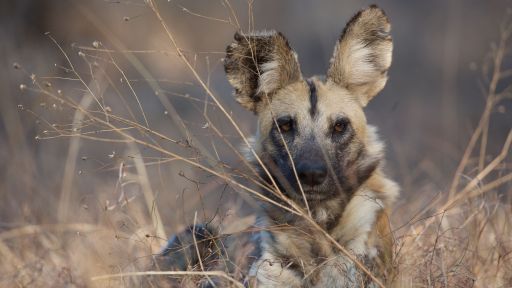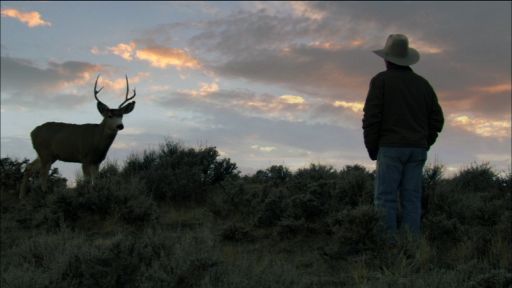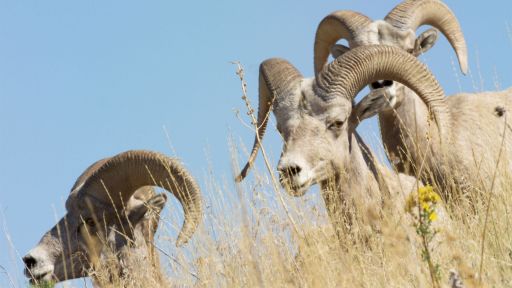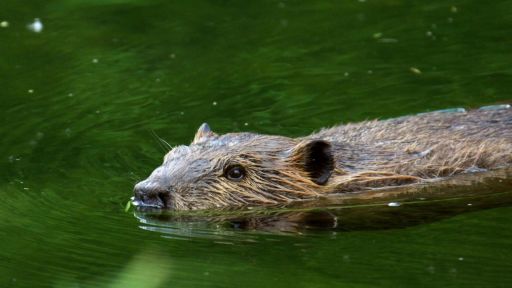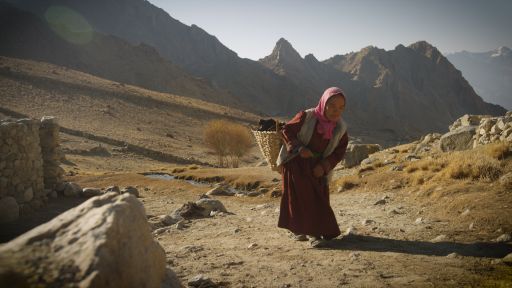In this bonus scene from The Serengeti Rules, scientist Jim Estes discovers the collapse of the kelp forest ecosystem he had once seen thriving in the 1970s. He determines how it’s caused by a ripple effect from the Pacific Northwest whaling business in the 1990s, changing the predation of orcas, thereby decimating the otter population and the kelp forest ecosystem by extension.
Features
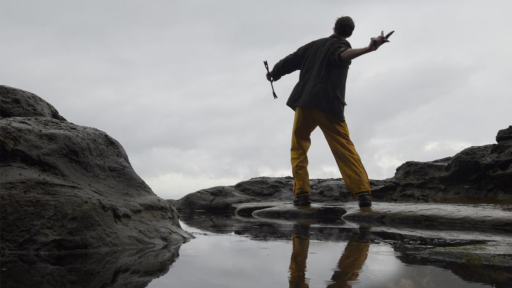
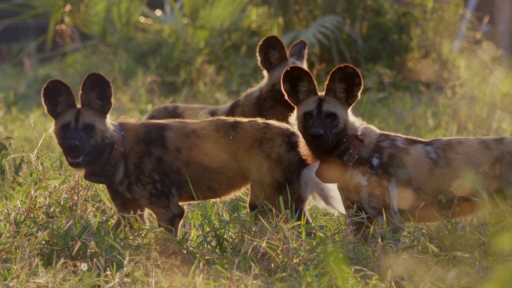
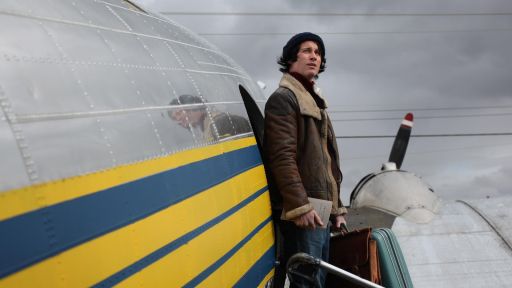
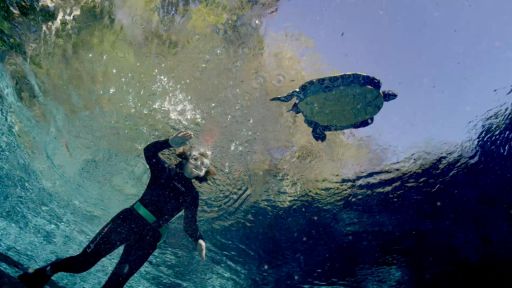
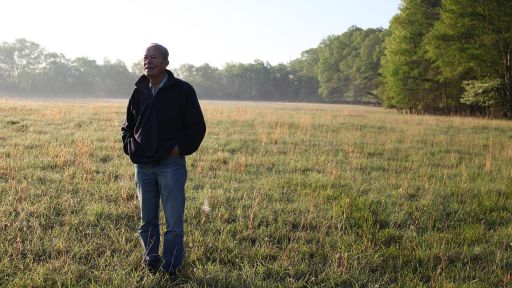
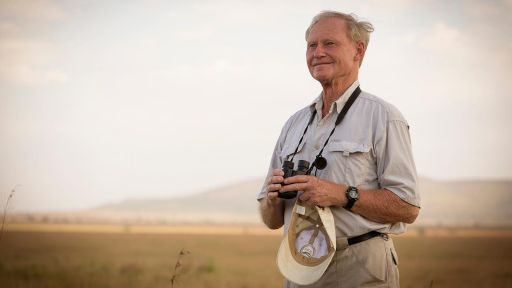
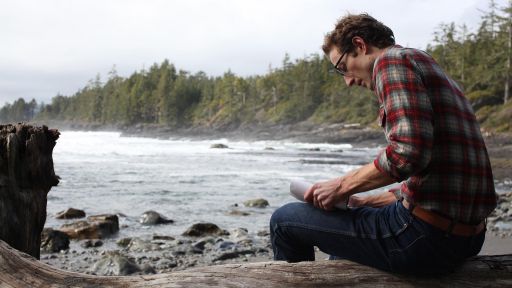
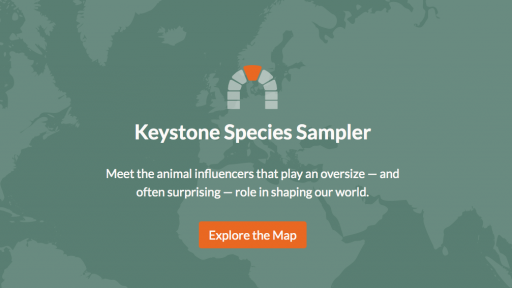
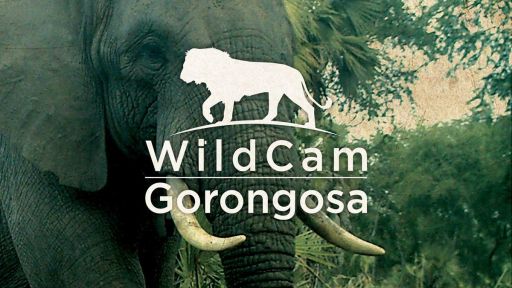
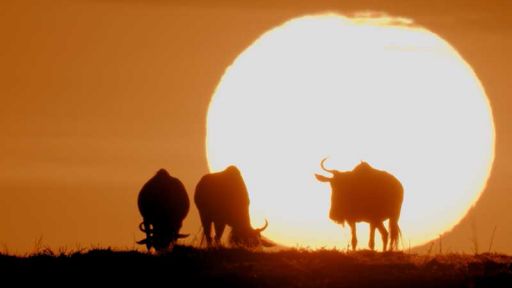

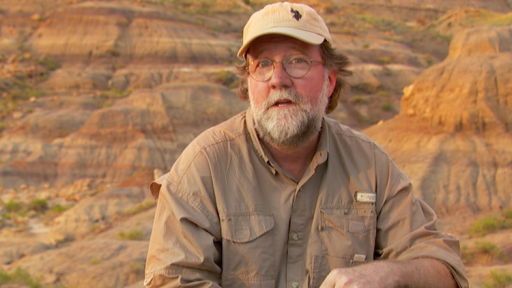
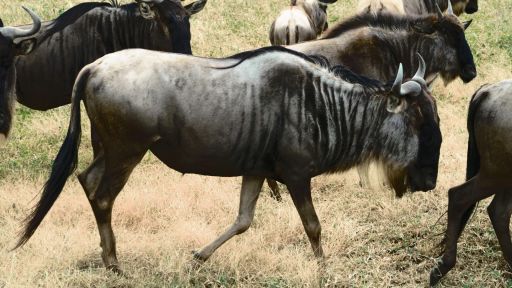
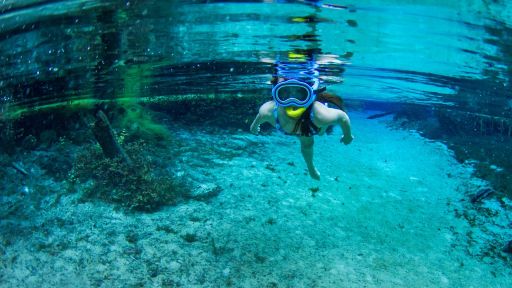
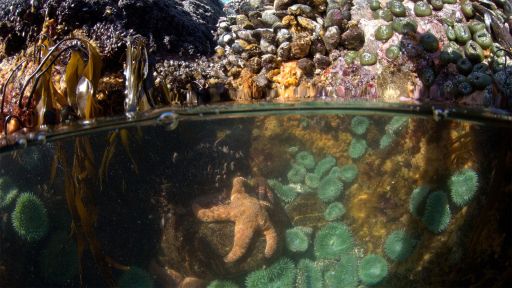
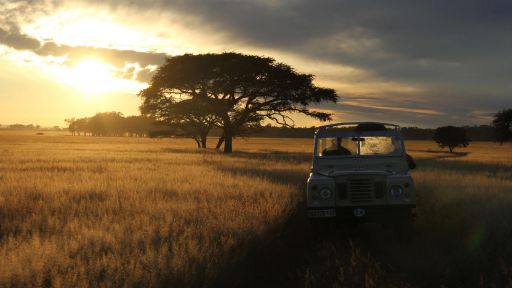
♪ (gulls singing) ♪ JIM: In the early 1990s, the Aleutian Islands supported 10s of thousands of sea otters.
That population was as abundant as it could be.
If someone had told me at that time that this system is gonna collapse, I would have thought, 'This is insane'. I knew that there were 8,000 otters in Amchitka Island in the Aleutians.
But five years later, they are almost all gone.
♪ Why are otters important?
Well, I came to understand that the otters were essential in holding the kelp forest system together.
Otters eat urchin, urchins eat kelp.
You take otters out of the system, urchins become abundant and they eat all the kelp.
(kelp crunching) You can't have a kelp forest without having sea otters there to protect them.
By about the mid 1990s, the population of otters were clearly in decline.
And then all of a sudden, they were largely gone.
In 1997, there was no evident change in the kelp forest, and in the course of about a year or two, it just completely collapsed.
Without otters, it was like going to a whole different eco system.
I was just stunned.
So, then the question became, what happened to the otters?
♪ We're talking about the loss of tens of thousands of otters.
A decline of 95% to 99%. And not a single corpse or carcass to be found anywhere.
I knew they weren't dying and crawling up on the beach, and starving to death or dying from some disease because we would have found them.
I had to try to figure it out.
The most striking thing that we saw was that there were killer whales all over the place around these islands at that time.
(killer whales spouting water) I would see a killer whale on average of probably once every three or four years in the '70s and '80s.
And by the late 1990's, I'd see 'em three or four times a day.
Not only did we see killer whales but we started seeing 'em eating otters.
♪ (killer whales splashing) We began to suspect that killer whales were the driving force or the cause of the decline of sea otters.
Once we came to that conclusion that it was predation by killer whales, then the next question was, why did that happen?
What made them do this?
I also was aware that other species had declined in that system.
And so, we simply put all these data together, and what we saw was a collapse of great whales.
I knew that some killer whales were very historically dependent upon the great whales as a food resource.
I remember thinking, 'Oh my god, this is amazing'. It was whaling that started this whole business.
(water crashing against the boat) In the North Pacific Ocean where this event occurred, industrial whaling began post-World War II.
Over the decades that followed, the great whales were decimated.
Taking the great whales out of the North Pacific which are large and highly nutritious to a consumer like an orca really shocked that system.
So it all fit together.
The great whales got stripped out of the oceans.
Killer whales got hungry, they started feeding on other things.
First thing they ate was harbor seals, cleaned them out.
(water crashing) Next thing they started feeding on were stellar sea lions, cleaned them out.
(water crashing) (water crashing) Went to the otters, cleaned them out and that's what we saw.
The collapse of the kelp forest ecosystem was a ripple effect that seemed to sweep through the system and impact virtually everything, from salmon, from seabirds, from bald eagles.
The whole system collapsed.
That was a sort of a revolution in my scientific thinking was recognizing that nature is connected over such vast scales of space and time in such major ways.
♪ (water crashing) ♪
You May Also Like
